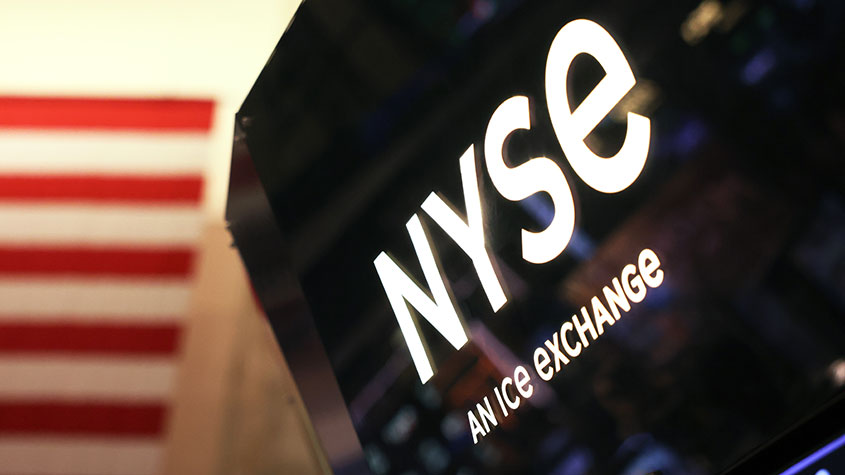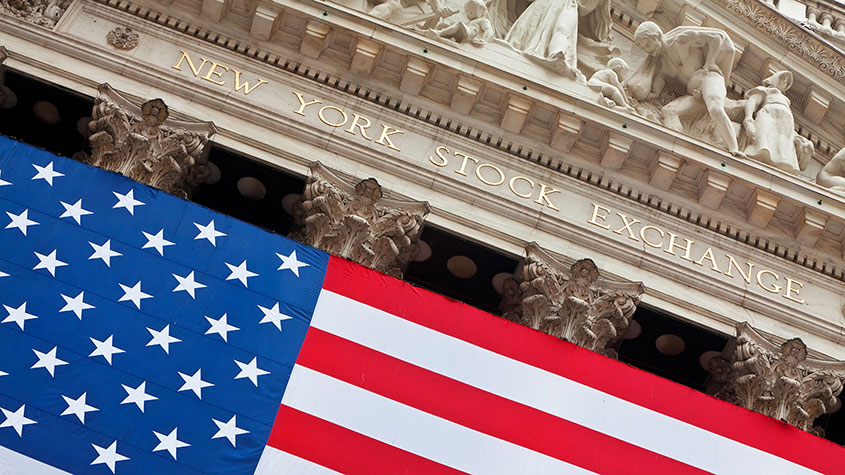Get the latest financial news, insights and expert analysis from our award-winning MoneyWeek team, to help you understand what really matters when it comes to your finances.
You are now subscribed
Your newsletter sign-up was successful
Want to add more newsletters?

Twice daily
MoneyWeek
Get the latest financial news, insights and expert analysis from our award-winning MoneyWeek team, to help you understand what really matters when it comes to your finances.

Four times a week
Look After My Bills
Sign up to our free money-saving newsletter, filled with the latest news and expert advice to help you find the best tips and deals for managing your bills. Start saving today!
Asset allocation is at least as important as individual share selection. So where should you be putting your money? Here's our monthly take on the major asset classes

Precious metals
Keep holding gold
The yellow metal usually performs well when markets are nervous and last month was no exception: late August, it was up by 7% since the start of the month, although it has since given back some of those gains and is still down by around 4% so far in 2015. Silver, which is more volatile than gold, also rallied initially, but gave back all of its gains to hit a new low for the year of just over $14/per oz.
MoneyWeek
Subscribe to MoneyWeek today and get your first six magazine issues absolutely FREE

Sign up to Money Morning
Don't miss the latest investment and personal finances news, market analysis, plus money-saving tips with our free twice-daily newsletter
Don't miss the latest investment and personal finances news, market analysis, plus money-saving tips with our free twice-daily newsletter
We recommend that investors continue to hold part of their portfolio in gold as protection against a worsening crisis in stocks and bonds, as well as a hedge against the eventual return of inflation.

Equities
Hints of value emerging
August was a very difficult month for stockmarkets around the world. The S&P 500, which had previously been comparatively immune to jitters elsewhere, plunged by more than 10% between 17 August and 25 August. While US stocks still look expensive, pockets of value are beginning to emerge elsewhere.
The MSCI Asia ex Japan index, which is down by more than 13% so far this year, trades on a price/book ratio of 1.2, well below its long-term average of 1.7. We also like European stocks the MSCI Europe index now yields around 3.7%, after further falls in August and Japan remains attractive.

Bonds
Don't reach for yield
"Safe haven" bonds performed relatively well during August: US ten-year Treasury bond yields dropped as low as 2% on 25 August, while UK ten-year gilts fell to 1.75%. Meanwhile, riskier bonds sold off; the spread between US Treasuries and the BofA Merrill Lynch US High Yield index, the benchmark for lower-grade corporate debt, widened to 675 basis points, the highest since 2012. We continue to believe that bond investors should focus on safety and avoid being tempted to take on more risk in pursuit of higher yields.

Cash
Rates aren't going up yet
Until the latest bout of market turmoil, the US Federal Reserve looked almost certain to raise interest rates this month. But that's no longer a done deal; recent statements by Fed board members suggest that at least some of them believe that a rate rise should be pushed back until later in the year.
In the UK, Mark Carney, the governor of the Bank of England, suggested that rates are still set to begin rising in the first quarter of next year, while one monetary policy committee (MPC) member voted for an immediate rise in August's meeting. But it's clear that many of the MPC are concerned about acting too quickly, so we would not be surprised to see further delays when the new year rolls around.

Property
Construction cooling off
UK commercial property construction seems to be cooling slightly, based on the latest CIPS/Markit Construction Purchasing Managers' index (PMI). This implies that the sector is unlikely to see a glut of new space in the near future, which should help to support both rents and capital values.
Meanwhile, the US residential property market continues to strengthen, helped by record low mortgage rates. Prices were up by 6.9% year-on-year in July, according to the CoreLogic House Prices index.

A false hope
Brent crude oil, the industry benchmark, dropped below $43 per barrel towards the end of the month, before rallying 25% in just three trading sessions. Traders were encouraged by signs that suggested that US shale producers are cutting back on production faster than expected, together with speculation that oil cartel Opec was considering reducing output. But supply remains abundant, suggesting that prices will remain low for quite some time (see page 13).

Time for tin to shine
Prices of industrial metals such as copper, aluminium, lead, tin, nickel and zinc fell together in August, amid fears of weaker demand in China. The near-term outlook looks weak, with tin being the main exception. Indonesia, the world's top exporter of tin, has introduced new regulations on the production of the metal, which are already holding up exports. With London Metal Exchange tin stocks at six-year lows, prices could rally over the next few months.
Get the latest financial news, insights and expert analysis from our award-winning MoneyWeek team, to help you understand what really matters when it comes to your finances.
MoneyWeek is written by a team of experienced and award-winning journalists, plus expert columnists. As well as daily digital news and features, MoneyWeek also publishes a weekly magazine, covering investing and personal finance. From share tips, pensions, gold to practical investment tips - we provide a round-up to help you make money and keep it.
-
 Should you buy an active ETF?
Should you buy an active ETF?ETFs are often mischaracterised as passive products, but they can be a convenient way to add active management to your portfolio
-
 Power up your pension before 5 April – easy ways to save before the tax year end
Power up your pension before 5 April – easy ways to save before the tax year endWith the end of the tax year looming, pension savers currently have a window to review and maximise what’s going into their retirement funds – we look at how
-
 Why investors can no longer trust traditional statistical indicators
Why investors can no longer trust traditional statistical indicatorsOpinion The statistical indicators and data investors have relied on for decades are no longer fit for purpose. It's time to move on, says Helen Thomas
-
 As China reopens, why pick an income strategy?
As China reopens, why pick an income strategy?Advertisement Feature Yoojeong Oh, Investment Manager, abrdn Asian Income Fund Limited
-
 The highest yielding S&P 500 Dividend Aristocrats
The highest yielding S&P 500 Dividend AristocratsTips Dividends are a key component of investment returns in the long-term. A portfolio of dividend aristocrats is a great way to build wealth and a sustainable income stream.
-
 2023 will be a bumper year for stocks. Here’s how to play the rally
2023 will be a bumper year for stocks. Here’s how to play the rallyTips Dominic Frisby explains why he thinks the market rally could have further to run in 2023 despite macroeconomic headwinds
-
 A new dawn for Asian markets?
A new dawn for Asian markets?Advertisement Feature James Thom, Investment Manager, abrdn New Dawn Investment Trust plc
-
 Crash? What crash?
Crash? What crash?Sponsored October is often said to be a month of stockmarket crashes. But that's not true for this year, says Max King. A host of positive triggers are lining up for equities, says Max King.
-
 The US stock market – should you put more into the S&P 500?
The US stock market – should you put more into the S&P 500?Analysis Everything went right for the US stock market in the past decade. It will be hard to repeat that as interest rates rise. We look at how attractive the S&P 500 is right now.
-
 The end of cheap money hits the markets
The end of cheap money hits the marketsNews Markets have swooned as central banks raise interest rates, leaving the era of cheap money behind.

